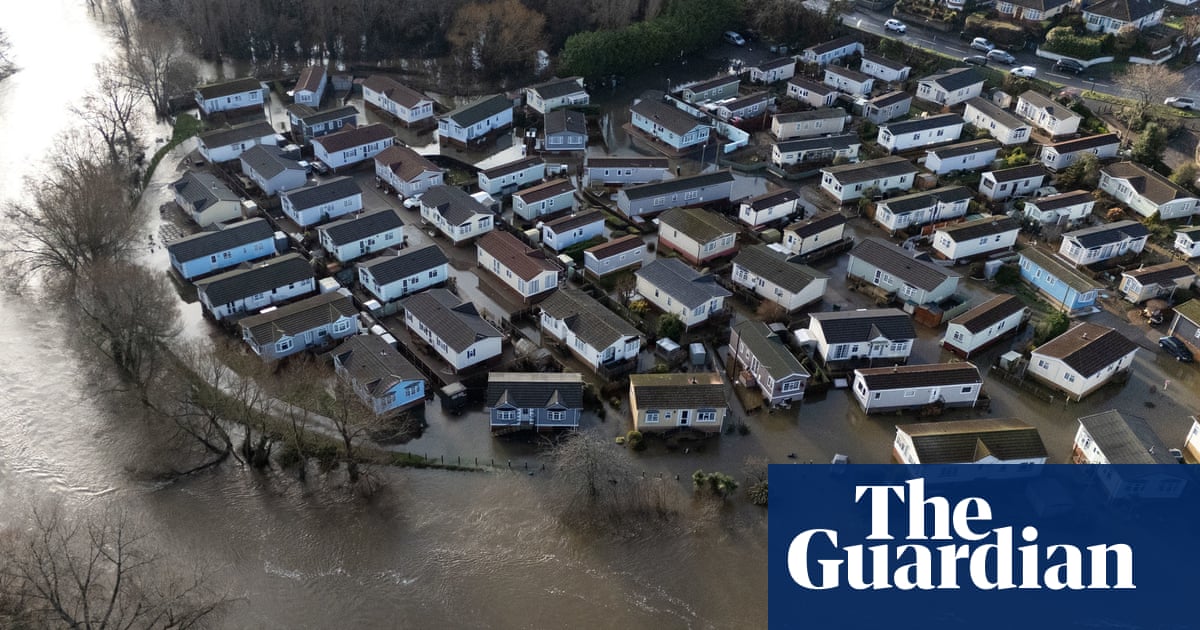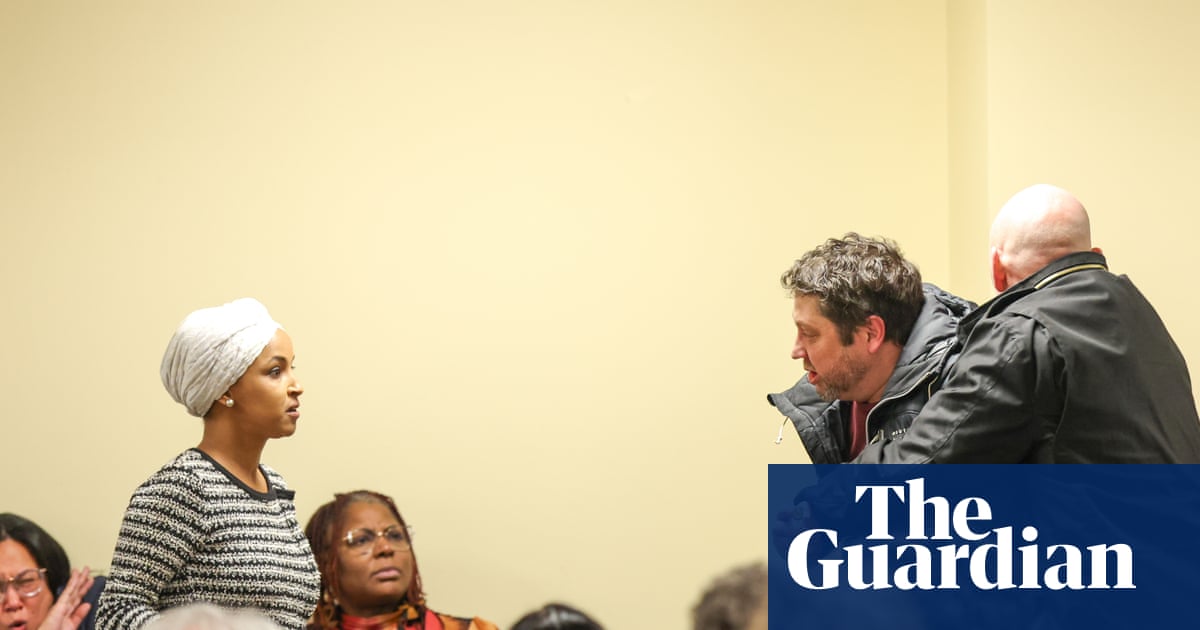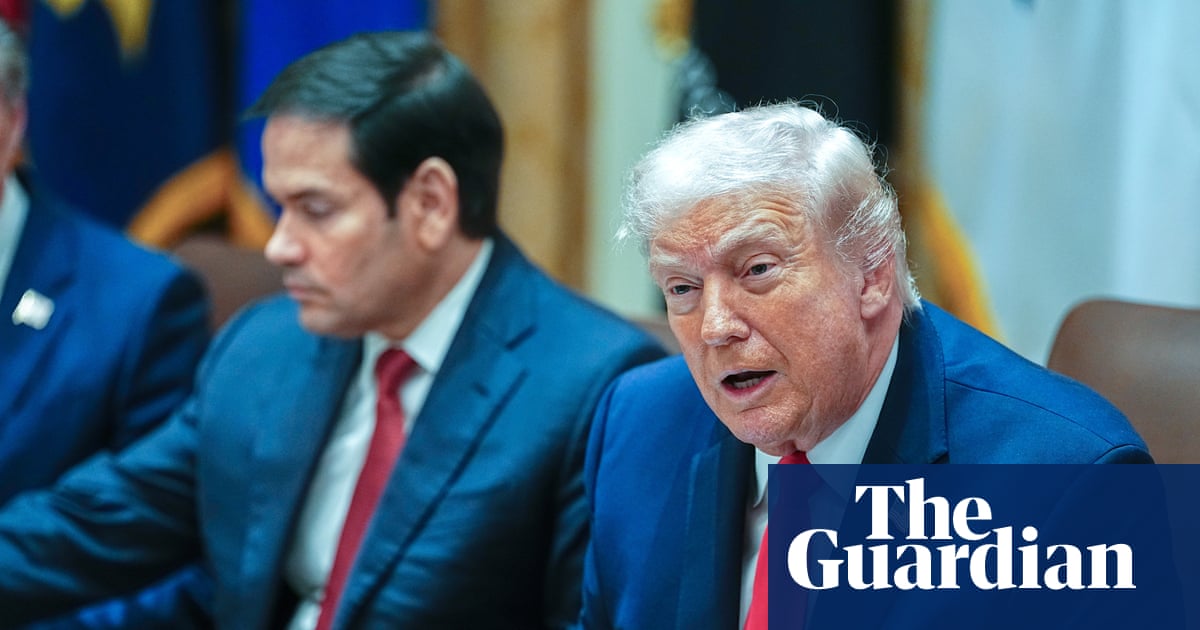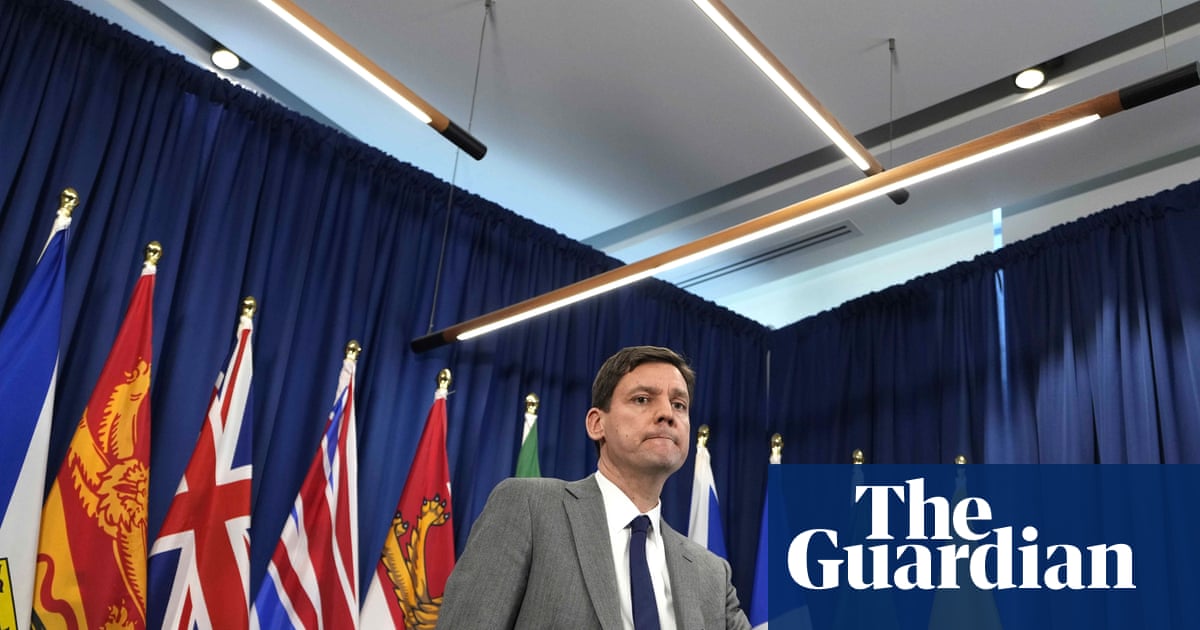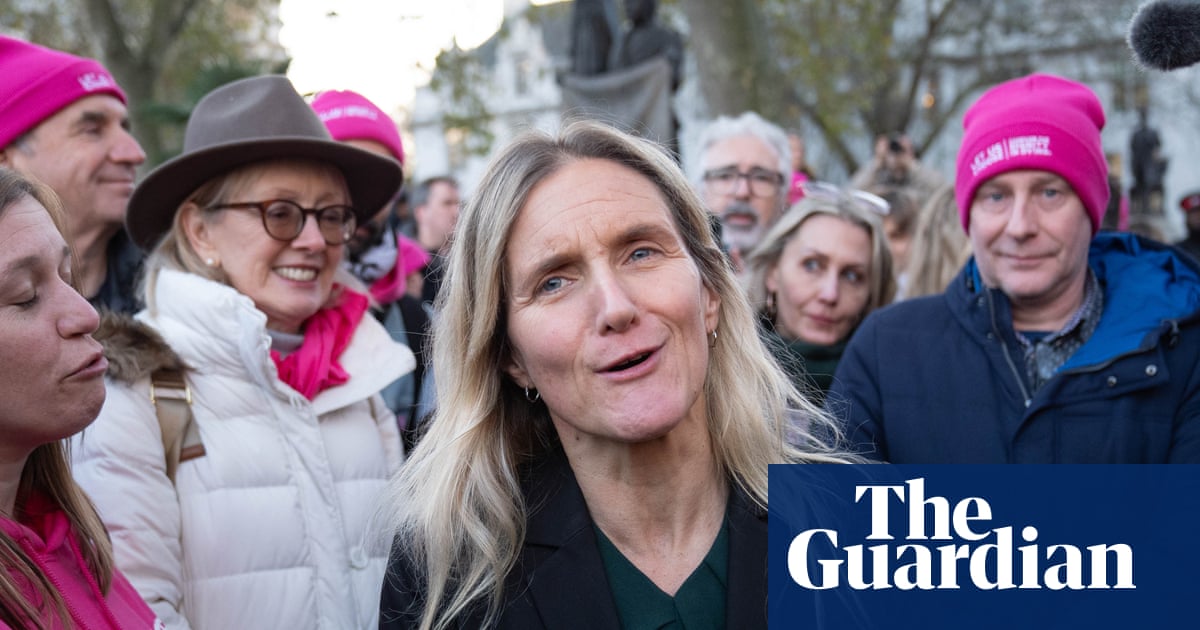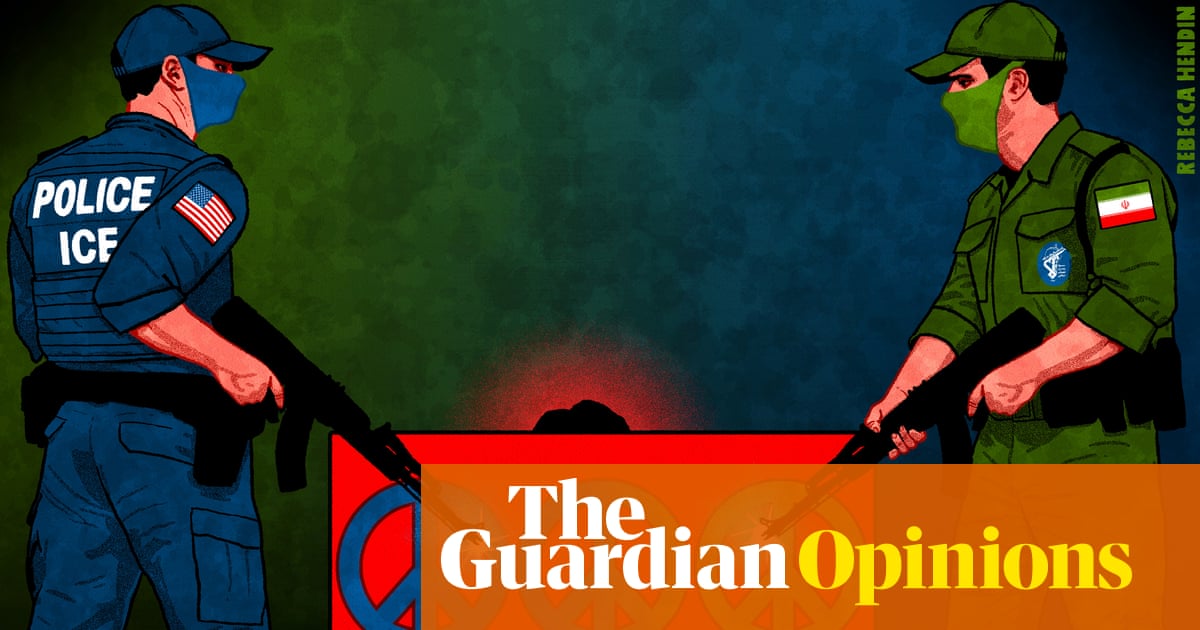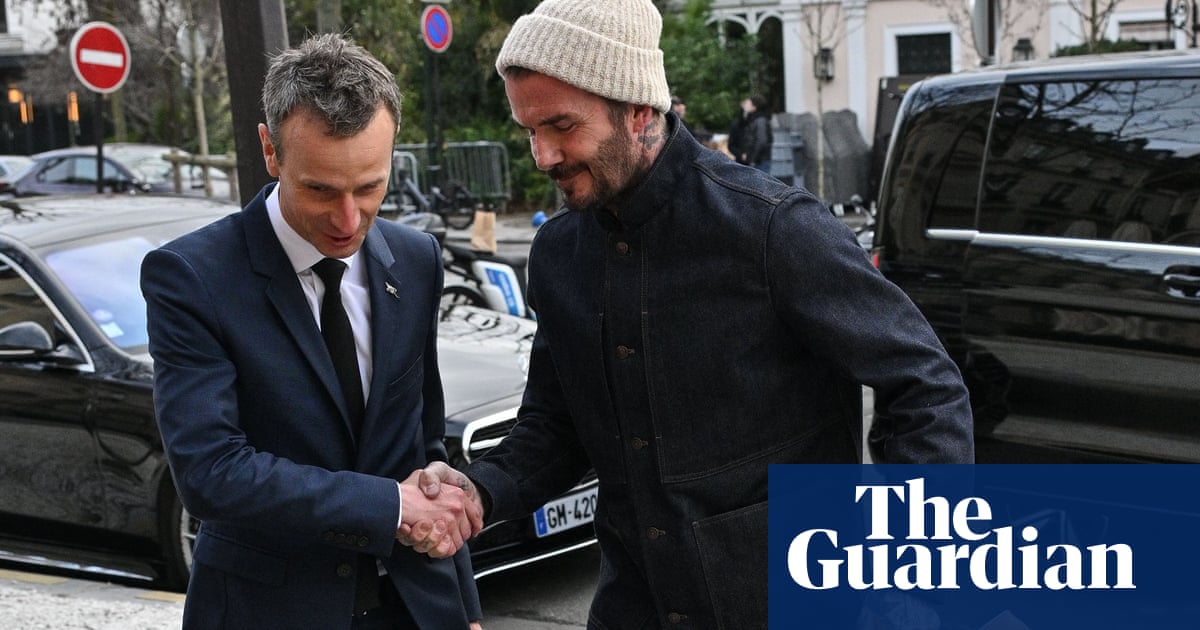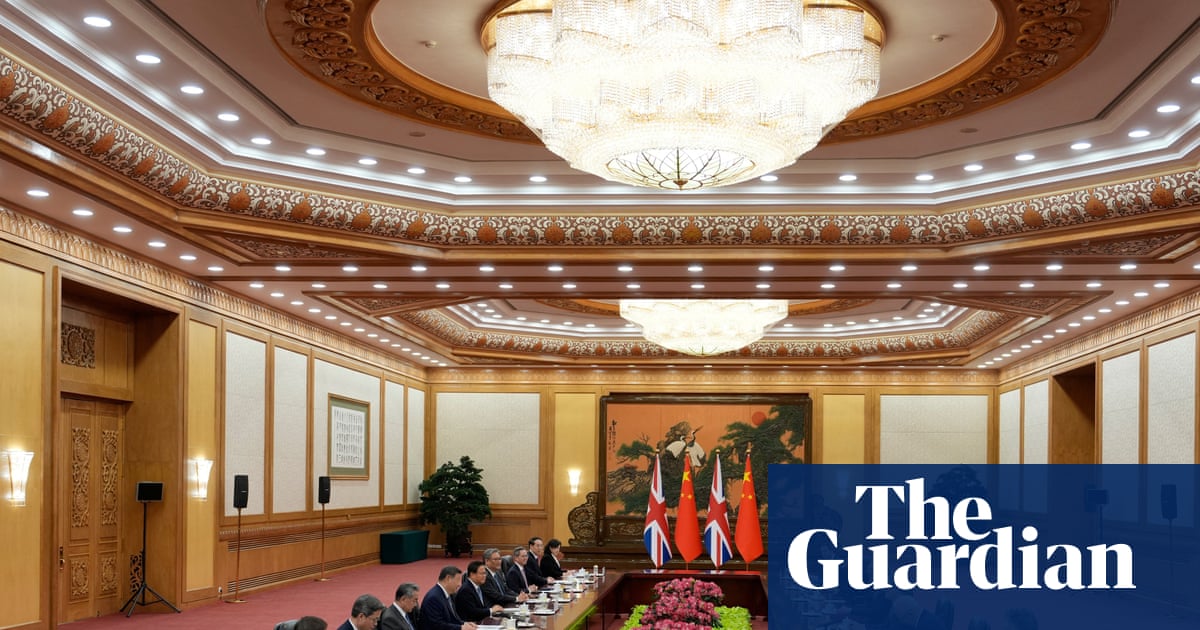It is an intelligence relationship that predates even the Five Eyes: the UKUSA alliance that began, naturally enough, in secret in 1946. But this week the strain of trying to be the closest security ally to a freewheeling White House has begun to show.
Britain, it emerged, had quietly suspended intelligence cooperation with the US in the Caribbean because London does not consider the deadly US military campaign against ships accused of drug trafficking to be in line with international law.
That amounts to an extraordinary open fissure in a close working relationship at a time when the US is increasing its military buildup, expanding its controversial campaign in the region with an attempt to threaten Venezuela.
“I’m not sure if there is a previous example of this happening in the public domain. Turning off the tap completely is pretty rare,” said Matthew Savill, the director of military sciences at the Royal United Services Institute thinktank and a former civil servant.
“I suspect when the first boat was blown up, somebody from the UK would have sought clarification from the US along the lines of ‘can you explain what you are doing’. Maybe they got an answer from the Pentagon and didn’t like it.”

Intelligence, once the province of spies, is today increasingly a matter of sophisticated listening and snooping apparatus and surveillance technology. What the UK – and the other Five Eyes members: Australia, Canada and New Zealand – can offer to the US is global coverage, from strategic locations such as the UK base at Akrotiri in Cyprus and island territories in the Caribbean.
The UKUSA relationship may date back to the second world war but it was reforged after 9/11, when Tony Blair promised to stand “shoulder to shoulder” with the US, and ran throughout the long “war on terror”, with the Americans in the lead and at times straining at the rules.
There were no shortage of controversies – most notably that members of the UK’s spy agencies saw or had knowledge of CIA torture and kidnap of terror suspects – but politically these were contained. Plans to hold a judge-led public inquiry into alleged UK complicity in torture were finally abandoned by Theresa May as prime minister in 2019.
The UK halted some intelligence sharing during Barack Obama’s US presidency amid British concerns over the legality of certain CIA drone strikes in Pakistan, Yemen and elsewhere but the two sides managed to find a way to achieve legal alignment after much effort, said one former official.
Since the return of Donald Trump, however, there have been signs that the alignment is unravelling. In June, as it became clear that the US was considering bombing the Fordow nuclear enrichment site in Iran during the short Israel-Iran war, questions were raised about whether the UK would consider the attack legal.
It was relevant because there was an expectation that the US would launch the B-2 bombing raid from the UK base on Diego Garcia, in the southern Indian Ocean, so forcing Keir Starmer’s government to take a view on the attack’s legality. But the issue was tactfully sidestepped: the US launching the attack from Missouri instead.
While the UK intelligence community is relatively tight, eager to avoid political controversy, and leaks are rare, the US system is larger, leakier and – particularly in Trump’s second term – highly politicised. Because of the close relationship, where so much is shared, the UK is frequently dragged in.
This week a report in the New York Times, sourced partly to former US officials, gave an account of how MI5 was surprised when Kash Patel, the FBI chief, went back on a verbal commitment he had given to the MI5 director general, Ken McCallum. Patel had said he would not cut a surveillance post in London that MI5 deemed critical, only for it to be axed in budget cuts a few weeks later, leaving the British agency incredulous.
Normally where the UK has security or legal concerns about a partner, even one as close as the US, ministers, officials and lawyers can quietly restrict the flow of intelligence, recognising that policy disagreements or leaks are more likely.
However, the Trump administration’s rapidly escalating campaign against alleged narco-traffickers in the Caribbean and Pacific has stretched legality to what many experts consider its breaking point – and given the UK no choice but to consider its position on intelligence sharing explicitly.
So far the US has declared that 75 people have been killed in 19 strikes in the Caribbean and Pacific since September, and the White House has justified the campaign on the grounds that it is engaged in “a non-international armed conflict” with drug cartels designated by Trump as terrorists.
However, experts have been questioning the legality of the sinkings since the moment they began, because the US is neither in a state of war with drug cartels nor under imminent threat of armed attack from them.
“The eventual arrival of drugs for sale in the United States is neither an attack nor an imminent threat of attack, and the availability of interdiction means that the use of force was not necessary,” a group of experts wrote on the Just Security blog.
Nevertheless, the UK, always careful not to upset the US, did not go public with concerns. Instead, the decision to pause intelligence sharing, taken more than a month ago, emerged via a leak and a report by CNN. Even then, the UK declined to comment – though the Ministry of Defence’s failure to deny the report has been taken as confirmation of its accuracy.
Dominic Grieve, the UK attorney generalbetween 2010 and 2014, said he believed Britain had taken the only decision it could. “I am not surprised at all. There is no legal basis for killing people in this way. They can be brought to justice and are not an imminent threat to life,” he said.
Legality is critical because if the UK considers the actions of any ally illegal in a conflict, it should not provide it with intelligence assistance. Otherwise it loses legitimacy and is likely to be drawn into the courts, as has happened in the string of cases where the UK was been accused of complicity in rendition and torture.
A question now is the degree of political fallout, coming at a moment when the US-UK relationship is already strained by Trump’s threat to sue the BBC. Some experts, such as Lawrence Friedman, an emeritus professor of war studies at King’s College London, are optimistic.
“I’m not sure if the US administration will want to make a big fuss because there are already correctly doubts in Congress about the legality of the operation,” Friedman said, adding that drawing attention to the views of the current UK attorney general, Starmer’s ally Richard Hermer, “may feed that debate”.
Others, such as Savill, believe there has to be a quiet rethink as the Trump administration weighs its next move in the Caribbean and against Venezuela. “It is not just business as normal with this US administration. The UK is going to have think much more carefully about how it supports the US – though it will not want to get into public slanging matches with a potentially thin-skinned president,” Savill said.

 2 months ago
40
2 months ago
40
